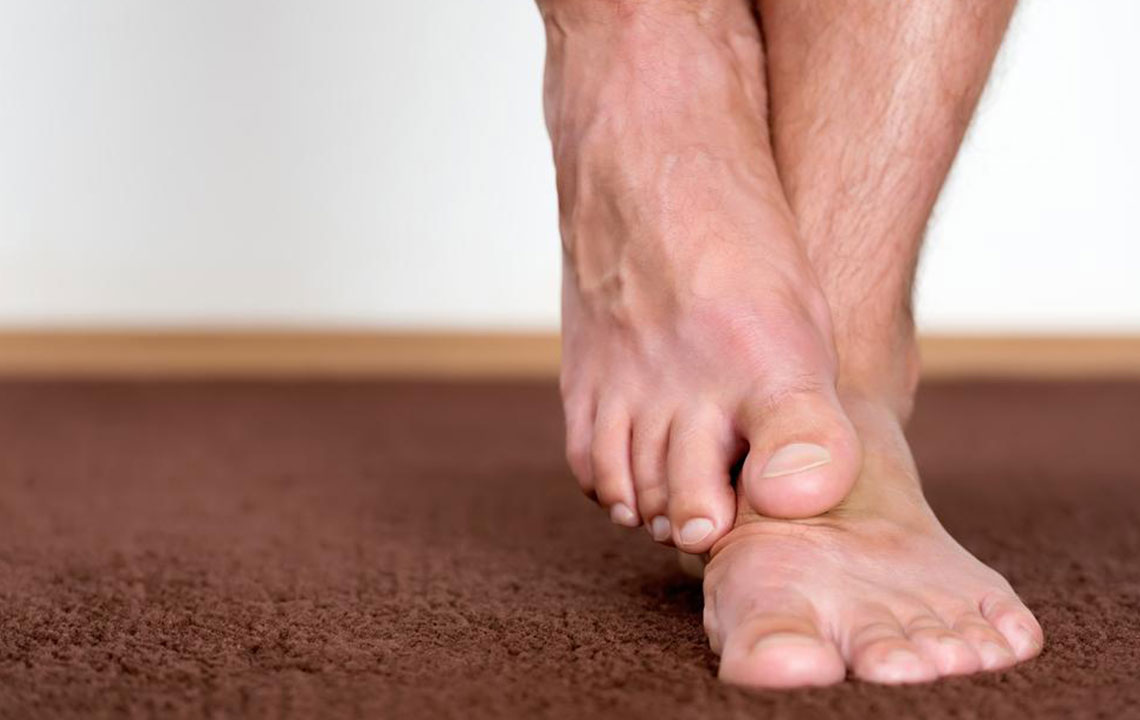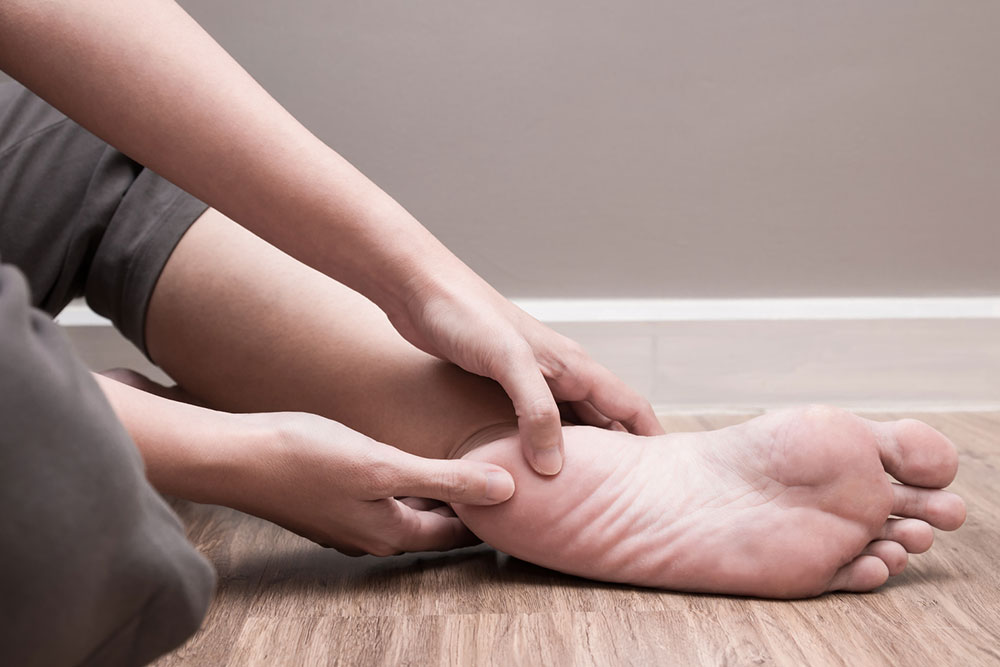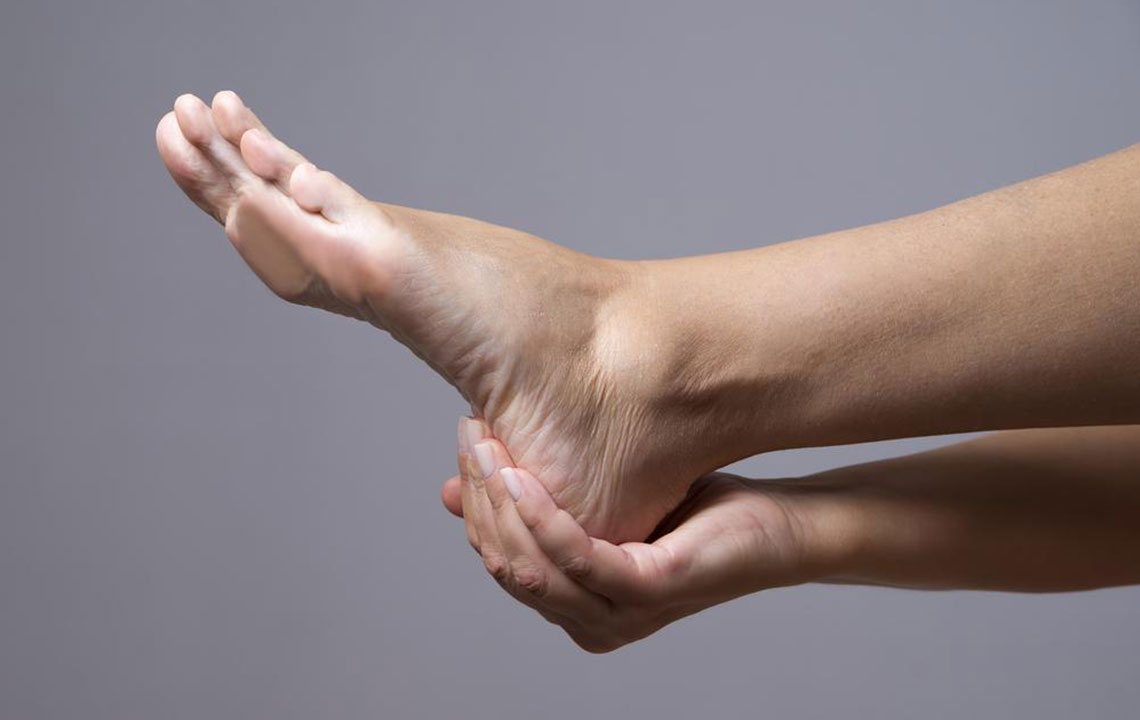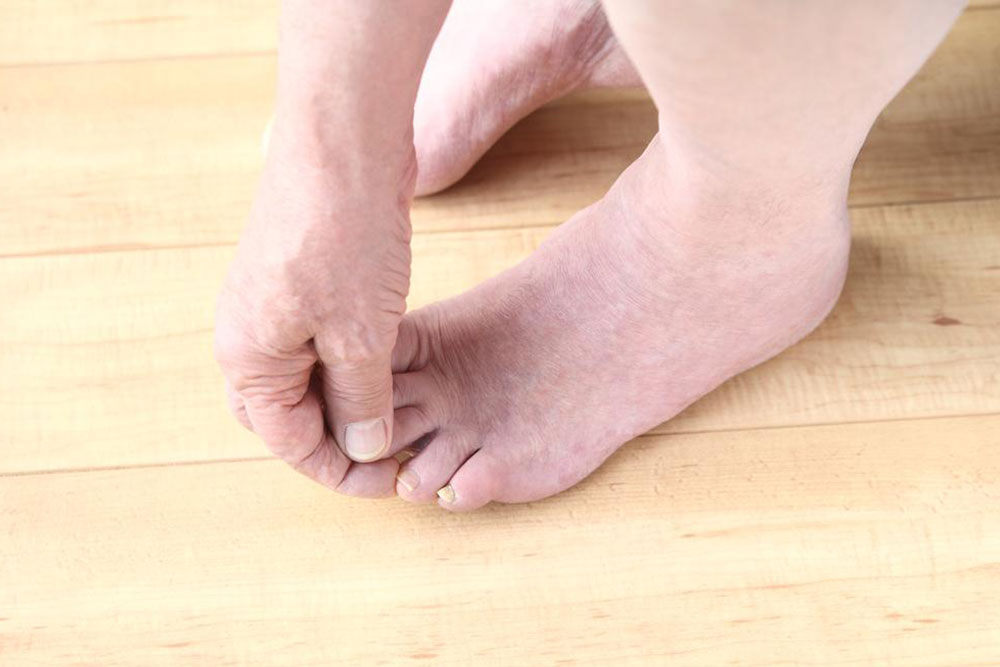Effective Strategies for Managing Foot Neuropathy
Discover effective strategies for managing neuropathy in the feet. This comprehensive guide covers causes, symptoms, diagnosis, and treatment options, emphasizing lifestyle changes, medications, and home remedies to alleviate discomfort and slow nerve damage. Maintaining proper foot care and consulting healthcare providers are vital for effective management of this common condition, often associated with diabetes and other health issues.
Sponsored

Many individuals experience tingling, burning, or numbness in their feet, often linked to nerve damage known as neuropathy. This condition, frequently associated with diabetes, requires prompt medical attention and proper diagnosis. Recognizing symptoms early is crucial for effective management and preventing further nerve deterioration. Although neuropathy is challenging to prevent entirely, advances in medical science provide multiple treatment options to alleviate discomfort and halt progression.
Foot neuropathy involves nerve impairment in the legs, leading to abnormal sensations such as burning, tingling, and numbness. Diabetes remains the leading cause, but other factors can also contribute. While complete prevention is difficult, treatments aim to control symptoms and prevent further nerve injury.
The primary goal of therapy is to limit nerve damage and reduce pain. Burning sensations are common symptoms resulting from misfiring nerves that send false signals to the brain. This can cause cramps, muscle twitching, changes in skin, hair, nails, and impaired coordination. Neuropathy may affect one nerve (mononeuropathy) or multiple nerves (polyneuropathy).
Root Causes of Neuropathy
While diabetes is the main culprit, several other conditions can lead to nerve damage, including:
Chronic kidney disease (uremia)
Vitamin B12, B6, and folate deficiencies
Hypothyroidism
Excessive alcohol consumption
Lyme disease and HIV
Genetic disorders like amyloid polyneuropathy
Chemotherapy and heavy metal poisoning
Vascular inflammation (vasculitis)
Sarcoidosis and Guillain-Barre syndrome
Signs and Symptoms
The most common sign of neuropathy is a burning feeling in the feet, often accompanied by numbness and reduced ability to sense temperature changes. Patients might experience heightened pain or loss of pain sensitivity, along with skin, hair, and nail alterations. Coordination issues can also occur.
Diagnostic Approaches
In diabetics, burning feet often indicates neuropathy without extensive testing. Non-diabetic cases require diagnostic evaluations such as:
Electromyography to assess muscle function
Nerve conduction studies to test nerve signal transmission
Nerve biopsy in rare instances
Blood, urine, and spinal fluid analyses to identify underlying causes
Managing Foot Neuropathy
While a complete cure remains elusive, symptom control and slowing nerve damage are achievable. Treatment strategies focus on addressing the root cause, such as regulating blood sugar in diabetic patients, and alleviating symptoms with medications and lifestyle changes. Dietary adjustments, vitamin B12 and folate supplements, and avoiding neurotoxic drugs can help. Limiting caffeine, treating hypothyroidism, reducing alcohol intake, and managing autoimmune conditions are also important.
Adopt a nutritious diet rich in proteins like dairy, eggs, meat, fish, and green vegetables
Use prescribed medications such as amitriptyline, duloxetine, and pregabalin for symptom relief
Massage the feet regularly, soak in warm water, and wear comfortable shoes to improve circulation
Maintain an active lifestyle to support nerve health
In conclusion, a healthy lifestyle combined with medical treatment and home remedies can significantly improve quality of life for those with neuropathy. Regular foot care and consulting healthcare professionals are essential for severe symptoms and progression prevention.






